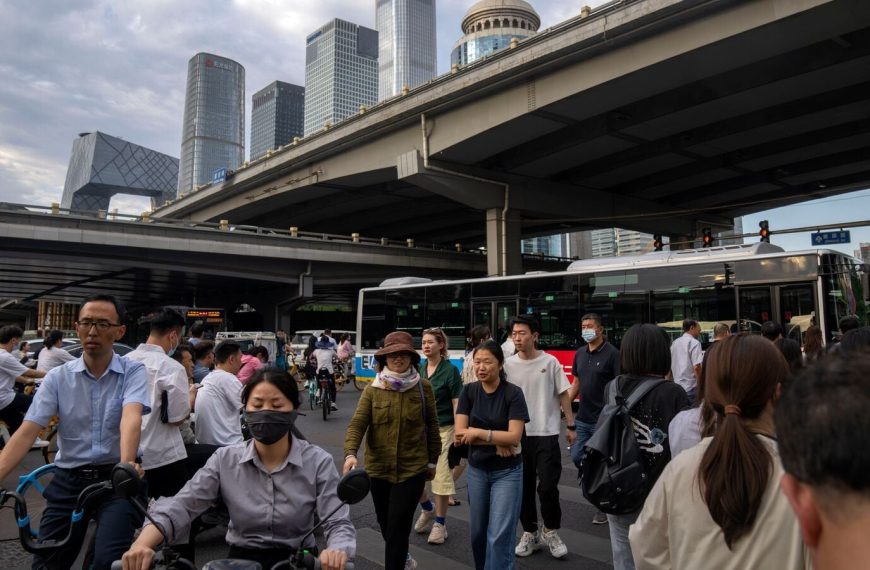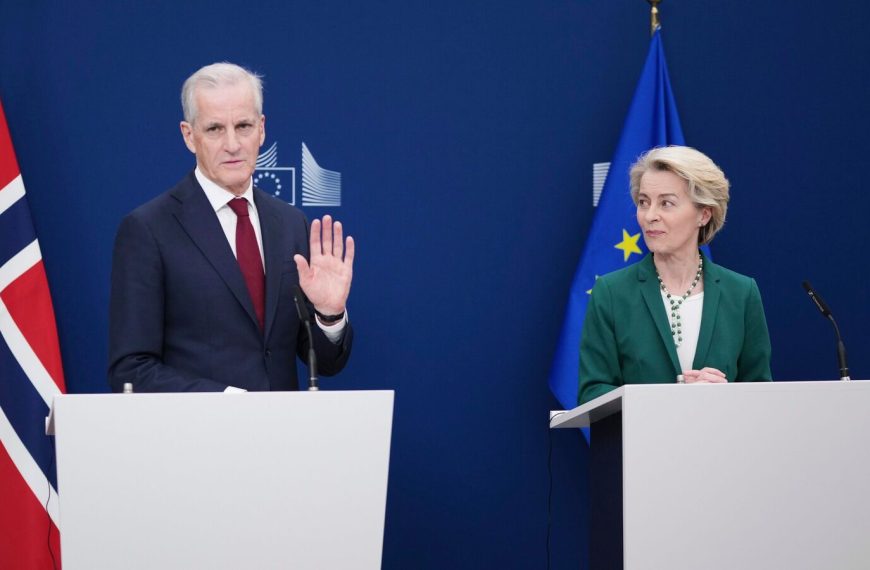Pakistan’s Economic Progress Amid IMF Discussions
Recent discussions regarding Pakistan’s economic reforms have shown promising progress, according to Nathan Porter, the mission chief of the International Monetary Fund (IMF). After a visit to Islamabad and Karachi from February 24 to March 14, Porter affirmed that the implementation of critical programs is on solid ground. The ongoing negotiations also focus on the government’s climate reform agenda, which seeks to mitigate risks associated with natural disasters.
Strong Steps Towards Economic Recovery
Pakistan is poised to receive the second installment of $1 billion from the $7 billion loan package secured in the previous year. This funding is contingent upon the establishment of a staff-level agreement between the IMF and the Pakistani government. In the coming days, discussions will continue virtually, although specific timelines for reaching an agreement have not been disclosed.
- Key Highlights:
- Strong progress in program implementation.
- Focus on climate reform to reduce disaster-related vulnerabilities.
- Potential for a $1 billion loan installment pending agreement.
Government Initiatives to Meet Loan Conditions
Under the leadership of Prime Minister Shehbaz Sharif, the Pakistani government has undertaken several significant reforms to comply with the loan requirements. These include:
- Enacting a new law targeting agricultural income taxation.
- Exploring the sale of a stake in the state-owned Pakistan International Airlines.
These strategic moves aim to bolster the country’s financial standing amid rising foreign exchange reserves and a decline in inflation rates, providing the central bank with the necessary leverage to foster economic growth.
Positive Outlook from Credit Rating Agencies
The economic landscape for Pakistan is showing signs of improvement, evidenced by upgrades in its credit ratings from both Moody’s and Fitch last year. The IMF’s support has been instrumental in aiding Pakistan’s recovery from a severe dollar shortage that nearly led to economic collapse.
In summary, while the path forward involves ongoing negotiations, the commitment to reform and proactive measures taken by the government indicate a determined effort to stabilize and grow the economy. As discussions progress, stakeholders remain hopeful about achieving a favorable agreement that will further support Pakistan’s economic recovery.











